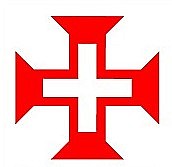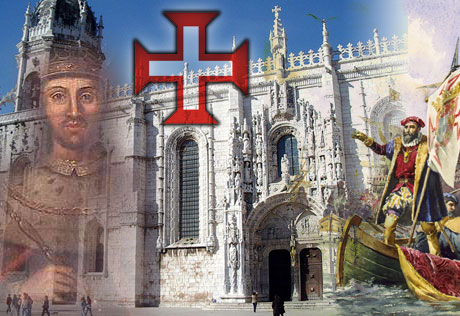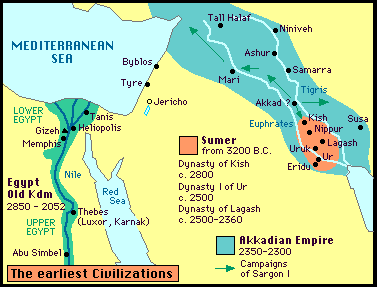Red Cross, Templars, World Economic Forum, Swiss/Helvetians & The Vatican
Compiled by Henrik Palmgren

Order of Christ
(The Order of Christ after Henry the Navigator's command)
|

Red Cross: Behind all battle lines!
"... The Red Cross should is adopted from the Swiss Flag". Yes, considering the Swiss guard at the Vatican and the World bank and World Economic Forum (WEF) in Switzerland this does makes sense.
"... The Red Cross flag is not to be confused with the St George cross..."
(Ohh really... Hey, don't look this way!)
|

Switzerland
The first bankers in the world: The Knights Templar!
Could there possibly be a connection to the World Bank and World Economic Forum (WEF) in Switzerland?
The World Economic Forum is a Geneva-based foundation whose Annual Meeting of chief executives of the world's richest corporations, some national political leaders (presidents, prime ministers and others), and selected intellectuals and journalists, about 2000 people in all, is usually held in Davos, Switzerland.
A symbol of the building of the modern world

Regarded as the pre-eminent symbol of Portugal's history as a powerhouse of European exploration, Lisbon's Jeronimos Monastery is a fitting location for the signing of the EU reform treaty.
The magnificent complex was started in 1502 by King Manuel I to commemorate Vasco da Gama's voyage as commander of the first ships to sail directly from Europe to India.
Located at the entrance to the port of Lisbon, the monastery was built on the site of an earlier hermitage where the monks of the Order of Christ, a Portuguese successor to the Knights Templar, gave succour to passing sailors.
Read more: http://www.redicecreations.com/article.php?id=2457
Vatican Related: Swiss guard & The "Helvetians"
Helvetii (Helvete = Hell)
The Helvetii (in Latin) were the Celtic inhabitants of modern Switzerland.
Gerorgia/Armenia in Caucasus and the Annunaki in Sumer
The Annunaki: the "Gods" came from the heavens/the mountains to Sumer - Mesopotamian - Akkadia

 Is there a connection between the Annunaki, Caucasus, Armenia/Gerorgia and Sumer thru the Phoenicians? Is there a connection between the Annunaki, Caucasus, Armenia/Gerorgia and Sumer thru the Phoenicians?
the Godess
Britannia was originally the Latin name that the Roman Empire gave to the island of Great Britain. There they set up the new BabyLondon.
or
BRITAIN: or Britannia, from the Phoenician,'Baratanac, a country of tin. Metals such as tin and lead were mined and exported from the west coasts of Cornwall and the Scilly islands.'
Caucasus Region, (More maps) - Armenia (Akkadian Uraštu; Old Persian Armina) - Georgia - St George - Saint George - St George's Cross - (is the common thread thru these historical time periods the adepts of initiated knowledge from the descendants of the Phoenicians?)
The White Holy Balanced Cross - The Criss Cross - The Christ Cross
Look at the similar features between: Armenian - Phoenician - Sumerian - Akkadian
More: Sumerian connection to British Law thru the Phoenicians? - Stargates--Wormholes and the Bearded Gods of all the Major Religions
I believe there is a connection between the "Gods" of old and the returning of the Templars to the "holy" land during the crusades. Why is there genocide and slaughter in Iraq/ancient Sumer today? Are the troops pulling out anytime soon... I don't think so. Who is returning, and why. Are they staying for good this time?
Celt, Basque & Phoenician
There could also be a connection between the Celts and the Basque people thru the Phoenicians:
One theory of the origins for the Basques has them arriving along with the Indo-Europeans four thousand years ago. There have been later examples of such an event. During the Germanic migrations that swept Europe after the fall of Rome, for instance, almost all the tribes were Indo-Europeans, except the Huns and the Avars.
Furthermore it is now believed the Indo-Europeans began their invasion of Europe from a position just north of, and between, the Black Sea and Caspian Sea. South of this region is the Caucasus, a small and mountainous region home to some thirty separate languages, from two separate language groups of which there are no other relatives. Similarities between Basque and the Caucasian language groups have been advocated on a number of occasions. It has been argued that a group of Caucasians could have joined the invasion of Europe by the Indo-Europeans that was departing just north of them.
From: http://en.wikipedia.org/wiki/Basque_people
|
 |
|
|
|